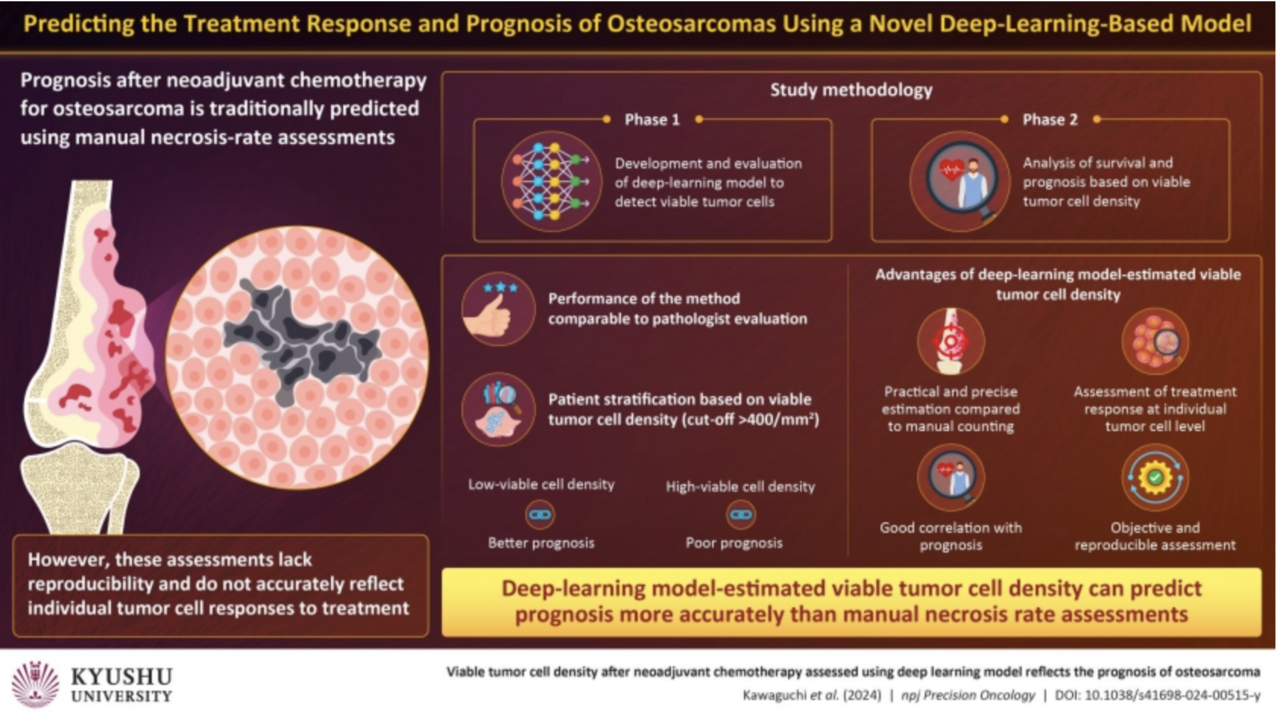Assessing the prognosis of patients after standard treatment with surgery and chemotherapy is critical to determine subsequent individual treatment plans. However, predicting treatment outcomes faces many challenges.
Currently, prognosis is based on assessment of the degree of necrosis, which is limited and may be inaccurate due to variability between pathologists’ assessments. In response, researchers have turned to artificial intelligence for a more accurate assessment.
As a result of the deep learning model, the researchers found that estimating the density of surviving tumor cells using artificial intelligence was a more reliable prognosis prediction method than estimating the degree of necrosis. This allows us to more accurately understand the prognosis of patients with osteosarcoma and determine optimal treatment strategies.
Source: Ferra
I am a professional journalist and content creator with extensive experience writing for news websites. I currently work as an author at Gadget Onus, where I specialize in covering hot news topics. My written pieces have been published on some of the biggest media outlets around the world, including The Guardian and BBC News.











